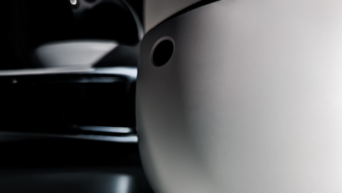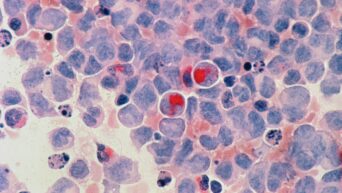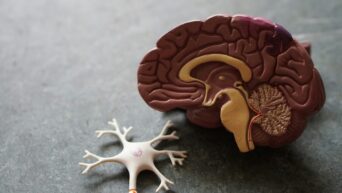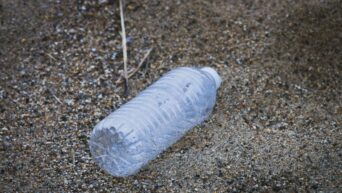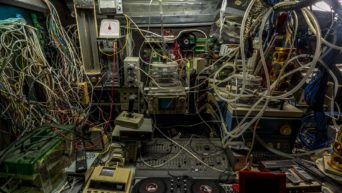Mussels, who have been seen as more of an annoyance in the sea, could actually be used to solve a variety of problems.
Typically, you will see mussels attached to rocks to avoid waves. They attach themselves by using clusters of think byssus threads. It is in these threads that their usefulness can be found. The threads have a strong adhesive power because of an amino acid group called dihydroxyphenylalanine (DOPA) that uses hydrogen bonds and electrostatic interactions.
Scientists figured out that DOPA can adhere to all kinds of solid substances through the mussel’s interactions. As a result, its ability to adhere to substances underwater has inspired a biomimetic strategy.
A group of researchers in China have developed a universal red blood cell, which can be accepted by all individuals of any blood type. It was inspired by using mussel coatings to protect the shell from being identified by the body’s immune system.
They have also realized that mussel material can be used to help separate oil and water. This can help to speed up the process of cleaning up an oil spill after it happens. They also inspired an improvement in water purification technology. Materials capable of removing heavy metals, organic pollutants, and pathogens from wastewater are being used by polymerized dopamine, which binds these materials to be captured.
More work remains, but this is a step in the right direction to utilizing the adhesiveness of mussels. One of the issues they are currently working through is the excessive time that it takes to form a uniform coating on most material surfaces. But, researchers are playing around and tweaking things to make it more reliable and efficient.









